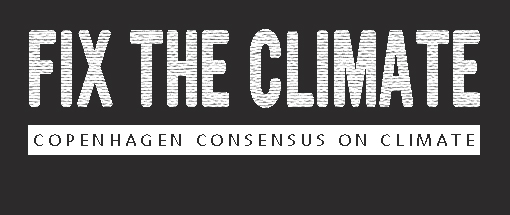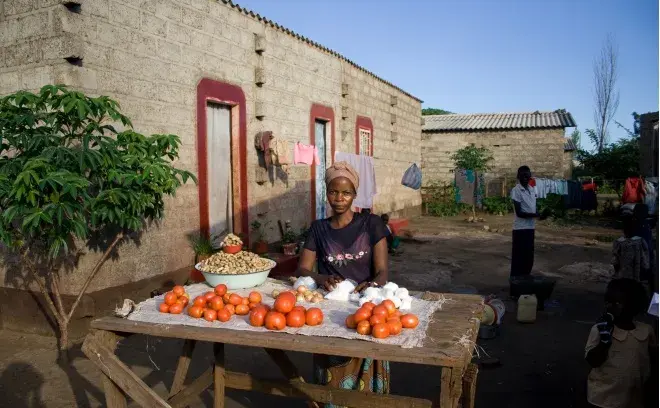Florence Phiri, Zambia
Florence Phiri, 37, has never heard of climate change. It is not an issue that people worry about in the John Laing slum compound in the southwest of Lusaka, Zambia.
A Zambian government ministry is working with the Common Market for Eastern and Southern Africa (COMESA) on an awareness campaign to tell people like Florence about this global threat. Zambia has asked Finland for aid money to “increase the scope for environmental and climate change awareness campaigns”.
This seems an odd use of scarce aid money. Florence may not know about global warming, but she has firsthand knowledge of many other, more pressing challenges.
“I think the future looks black,” Florence says. Her children have been sent home from school today because she is unable to pay.
International observers estimate that a Zambian family of six needs 1.6 million Kwancha (US$ 280) a month to achieve a basic standard of life. As a widow, Florence is the sole income provider for five children and a grandchild. She scrapes together just 220,000 Kwancha (US$ 38) each month by selling ground nuts and vegetables at a desk outside her house, and renting out one of its two rooms. Her family of seven crams into the other room. There is no running water and no toilet.
“I have great problems feeding my children. I can only afford to buy one bag of Mealie Meal a month (corn flour used for basic meals) so we only eat one meal a day to have enough for the whole month.”
Malnutrition is rampant here. According to UNICEF, half of Zambia’s children under the age of five are affected by under-nutrition; anemia and vitamin A deficiency are widespread.
A lack of iron causes physical and mental impairment. On average, a person with iron deficiency is 17% weaker and loses 15 IQ points. Vitamin A deficiency causes blindness and diminishes the ability to fight infection. Florence’s children often get sick and she cannot afford medical care. “I just pray to God that they will get well.”
There is something fundamentally disturbing about focusing first on a global warming awareness campaign in Zambia. Even more, we have to worry about the priorities of a developed world that profess it cares about the rest of humanity but seems to focus almost exclusively on wanting to spend a fortune on carbon emission reductions around the world.
Just a fraction of this money could do enormous good in Zambia today. Just US$10 billion spent on direct malnutrition reduction programs would save 229 million lives like those of Florence’s children. This is a twentieth of the cost of the Kyoto Protocol, which by itself will only reduce the number of hungry people globally by two million by the end of the century.
The crucial question is: if your goal is to make a better world for the future, what should you do? Many well-meaning people seem to insist on helping the world through advocating carbon cuts. But really, does Florence need a tiny reduction in temperatures in a hundred years to help her grandkids – if they ever survive – a little? Or should we help her majorly with simple efforts that would rock her world and make her descendents much better off?
Florence is pessimistic: she does not believe anybody is paying attention to the problems in the John Laing slum compound. “Some of the foreign NGO’s are aware of our problems but nothing is happening.”
With campaigners arguing that advertising campaigns about climate change are a worthwhile investment for scarce aid money, it is difficult to disagree with this bleak outlook.
Researcher: Thor Hampus Bank


